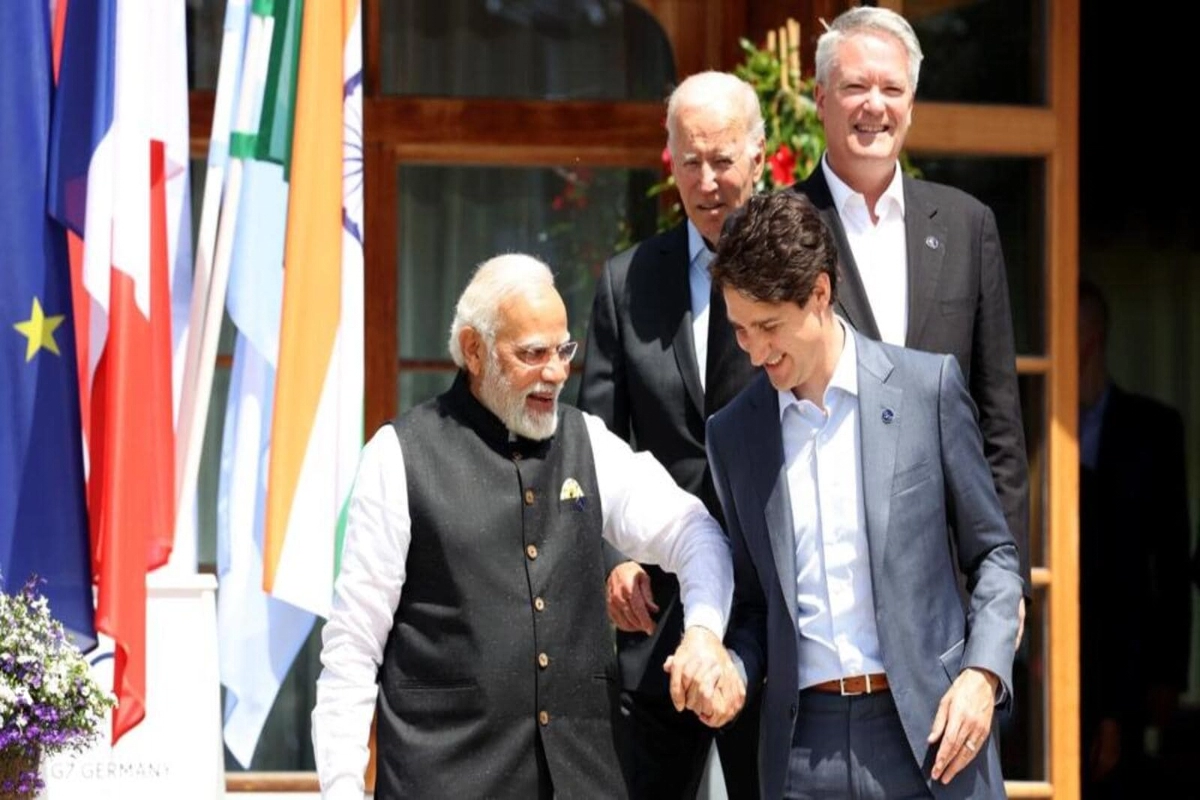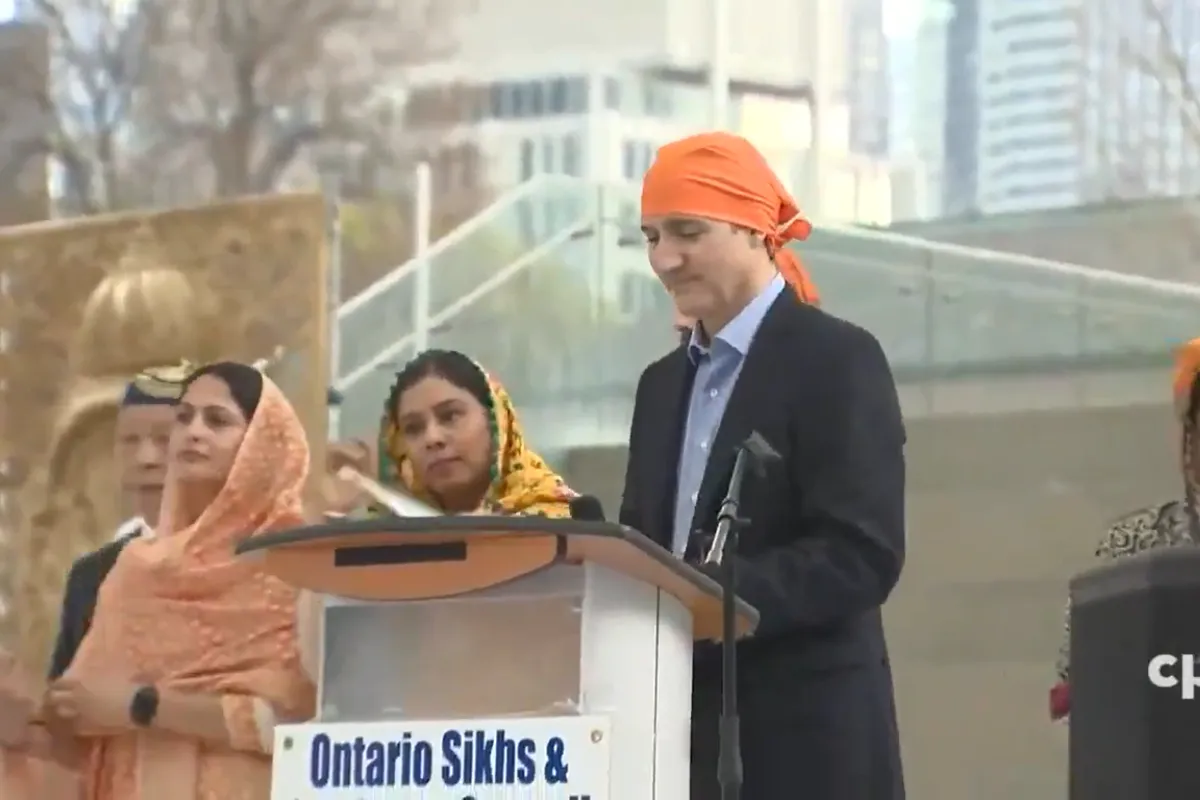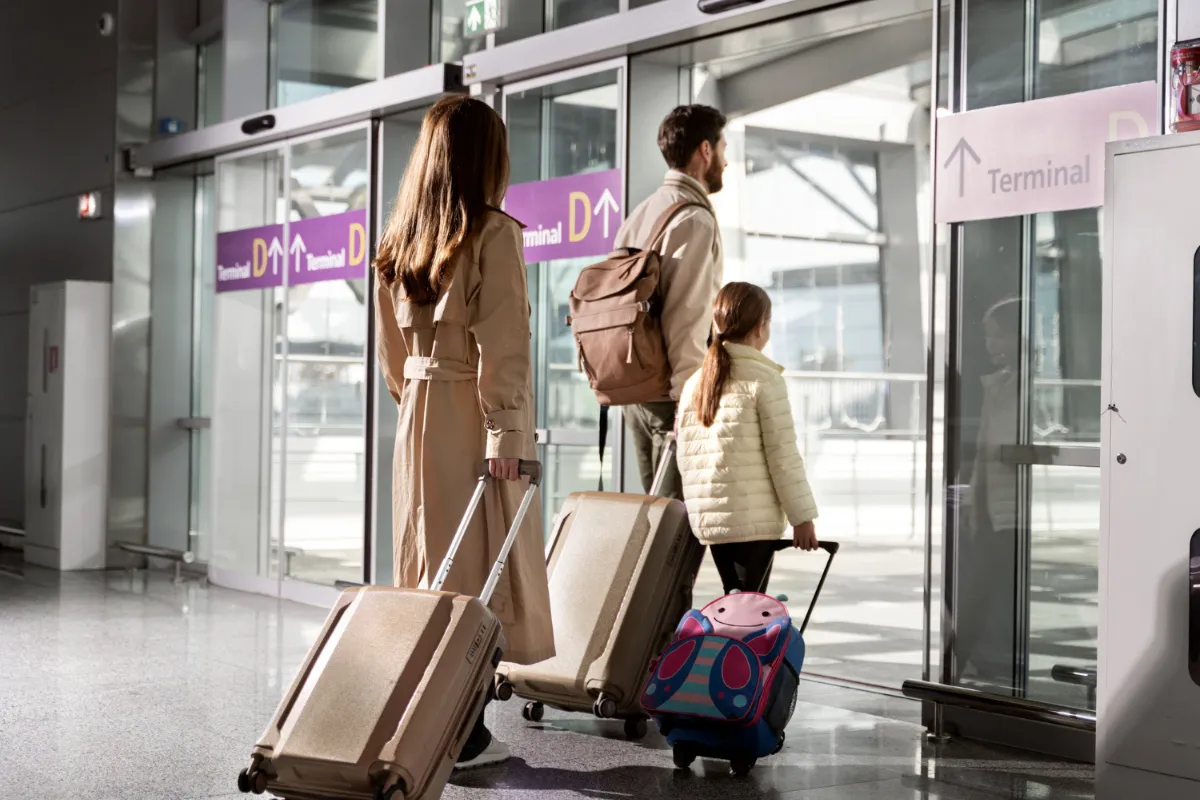Last week Canadian Foreign Minister Melanie Joly visited India last week to take part in the G20 Foreign Meeting, only after a month later, she visited New Delhi for a bilateral tour. Foreign ministers from several countries, including Canada, were present at the recent meeting of foreign ministers, which was held as part of India’s ongoing G20 Presidency. Minister Joly also addressed a number of business leaders at the annual gala of the Indo-Canadian Business Chamber.
FTA and Indo Pacific Partnership will cement relationship India and Canada
Many view India’s stance as G20 president and host in light of the ongoing war in Ukraine as one that promotes peace, is a reliable partner, and speaks with reason in favour of diplomacy and conversation rather than violence. As a result of Canada acknowledging India’s cause for peace, relations between the two countries are positive and constructive.
In recent years, India has forged more extensive and close trade ties through the signing of free trade agreements (FTAs) with other countries. However, the Indo-Canada Free Trade Agreement (FTA) is also long overdue. It must not be derailed by other issues, as possible trading relationship between India and Canada, has the potential to be a significant catalyst for development on both sides.
By 2050, India is anticipated to become the third-largest economy in the world and offers significant market opportunities for Canadian businesses because of its
- Growing population
- Rising per capita income
- Expanding manufacturing industry
An FTA will boost and energise the trading partnership between both countries. Various irritants between two countries are likely to go away as closer trading relations are forged between the two countries.
The FTA will serve not just trading partnership between both countries , but will also strengthen the geopolitical relationship between India and Canada.
Canada has recently unveiled its Indo-Pacific strategy, which is sharply critical of China and sees India as a counterweight . By acting as a bulwark for a rules-based system in an Indo-Pacific that respects sovereignty and international law, India can play a significant positive role in Canada’s Indo-Pacific policy. During her visit, Foreign Minister Joly emphasised that Canada will continue to deepen and broaden its engagement with India as part of its Indo-Pacific strategy to increase its footprint in the region and advance its cooperation with India.
Also Read: Local Administration in POK Threatens Action Against Those Who Break Hijab Rule
Coming month crucial for India Canada relationships
In order to speed up the long-delayed immigration of highly skilled workers and students from India, the Canadian High Commission in New Delhi has redoubled its efforts in processing long-delayed visas, particularly student visas. Canada encourages immigration of skilled workers and students to become a part of their education and professional economy.
Yet ever since Covid, Indian students had to face long ques and nightmarish deadlines to get their student visas; this issue is now being fast tracked being resolved. In a public appearance, Minister Joly also stated that student visas would be given top priority, which is welcome news and will strengthen Indo-Canadian bilateral relations.
Canada has remarkable world class educational and research institutions, including the University of Toronto and the University of British Columbia. In order to share information, expertise, and research for innovation and educational partnerships, these centres are now well-positioned for collaboration with India’s top universities and research facilities, including IIT-Bombay, IISc, AIIMS, and others. An existing research collaboration between the University of Toronto and IIT-B needs to be expanded to additional institutions and to more subjects. With the new National Education Policy (NEP) and opening up of India for foreign universities to establish their centre’s in the country provides Canadian Universities with an opportunity to reach out to Indian students who might want to go to Canada or study in the branches of centres of Canadian Universities.
The Saskatchewan premier’s recent trip to India underlines the growing willingness to strengthen the alliance. Food and energy security need a lot of work, and while trade in lentils, potassium, and uranium already exists, which needs to be expanded.
Canadian High Commissioner Cameron MacKay stated,
“As India hosts the G20 this year, Canadians stand shoulder to shoulder with Indians as we face global challenges such as climate change, the food and energy and debt crises, and the persistent threats to our democracies and our sovereignty. To face these challenges, we need sustainable and inclusive economic growth driven by private sector innovation and competition. Our bilateral commercial relationship now exceeds one hundred billion dollars, led by over seventy billion dollars of portfolio investment — Canadian capital helping to build the new India, from roads to airports to renewable energy. And over 400 Canadian companies are now invested in India, helping India to ‘Make in India’. All of this will grow even more, making both our countries even more prosperous, if we can soon conclude a ‘win-win’ Early Progressive Trade Agreement, to be followed by a Comprehensive Economic Partnership Agreement.”
Must Read: Indian Military Prohibits Use of Chinese Phones and Apps Over Security Concerns
Keep watching our YouTube Channel ‘DNP INDIA’. Also, please subscribe and follow us on FACEBOOK, INSTAGRAM, and TWITTER.












